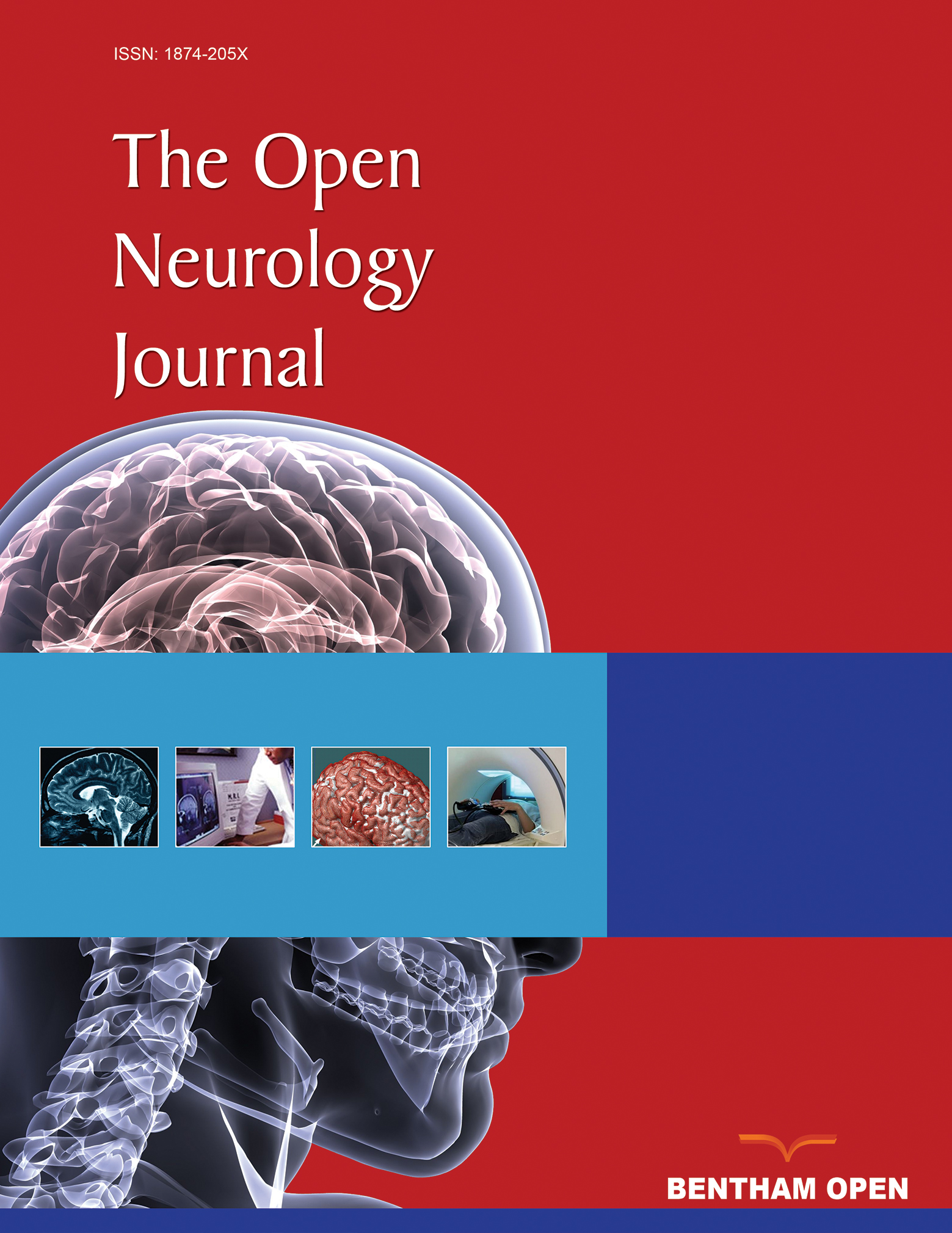Affection of the Respiratory Muscles in Combined Complex I and IV Deficiency
Abstract
Objectives:
Combined complex I+IV deficiency has rarely been reported to manifest with the involvement of the respiratory muscles.
Case Report:
A 45y male was admitted for hypercapnia due to muscular respiratory insufficiency. He required intubation and mechanical ventilation. He had a previous history of ophthalmoparesis since age 6y, ptosis since age 23y, and anterocollis since at least age 40y. Muscle biopsy from the right deltoid muscle at age 41y was indicative of mitochondrial myopathy. Biochemical investigations revealed a combined complex I+IV defect. Respiratory insufficiency was attributed to mitochondrial myopathy affecting not only the extra-ocular and the axial muscles but also the shoulder girdle and respiratory muscles. In addition to myopathy, he had mitochondrial neuropathy, abnormal EEG, and elevated CSF-protein. Possibly, this is why a single cycle of immunoglobulins was somehow beneficial. For muscular respiratory insufficiency he required tracheostomy and was scheduled for long-term intermittent positive pressure ventilation.
Conclusion:
Mitochondrial myopathy due to a combined complex I+IV defect with predominant affection of the extra-ocular muscles may progress to involvement of the limb-girdle, axial and respiratory muscles resulting in muscular respiratory insufficiency. In patients with mitochondrial myopathy, neuropathy and elevated cerebrospinal fluid protein, immunoglobulins may be beneficial even for respiratory functions.


